London Fashion Week Is Officially Following Copenhagen's Sustainable Footsteps
Brands will soon have to follow a green framework to qualify for the official calendar.
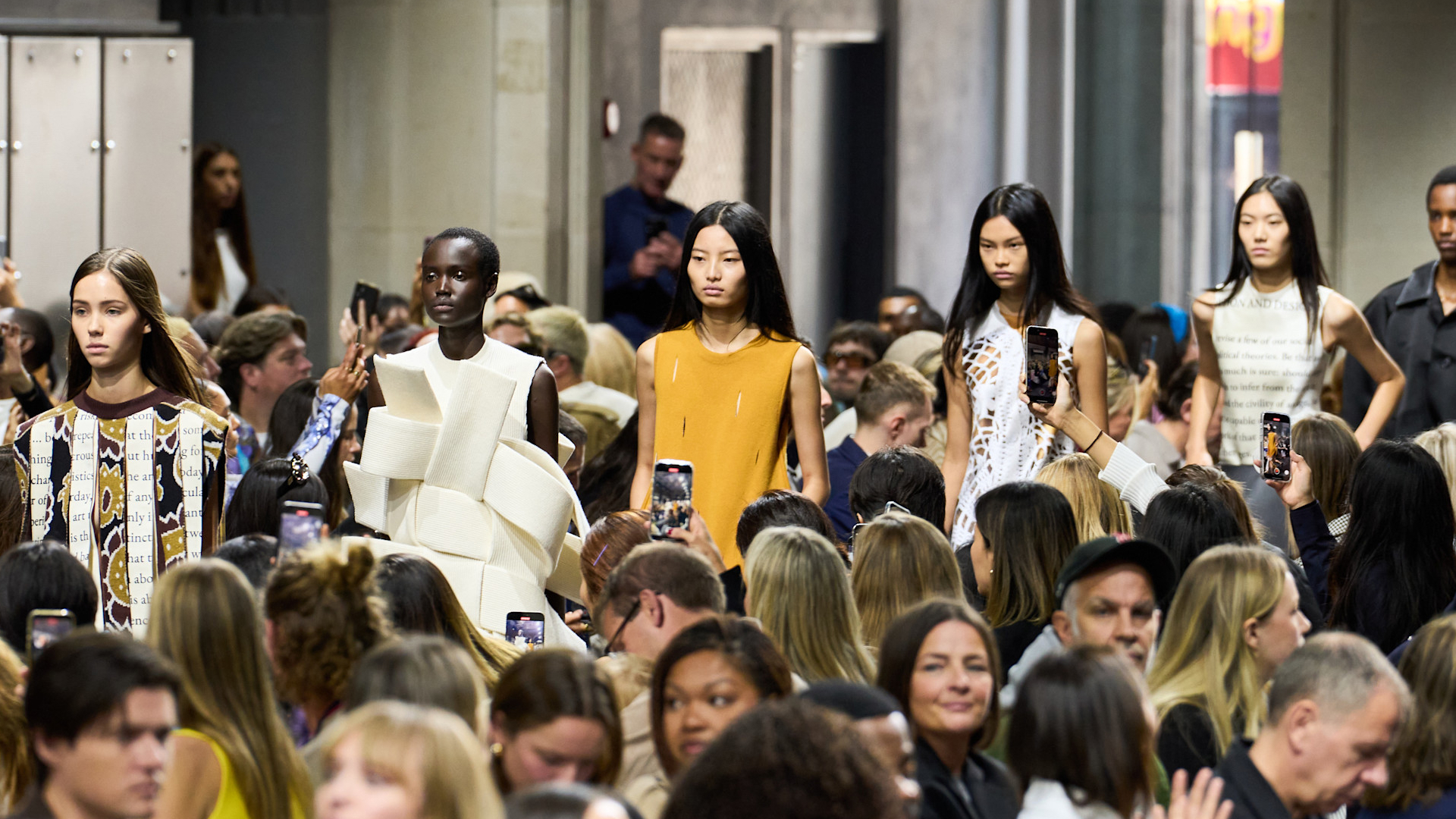
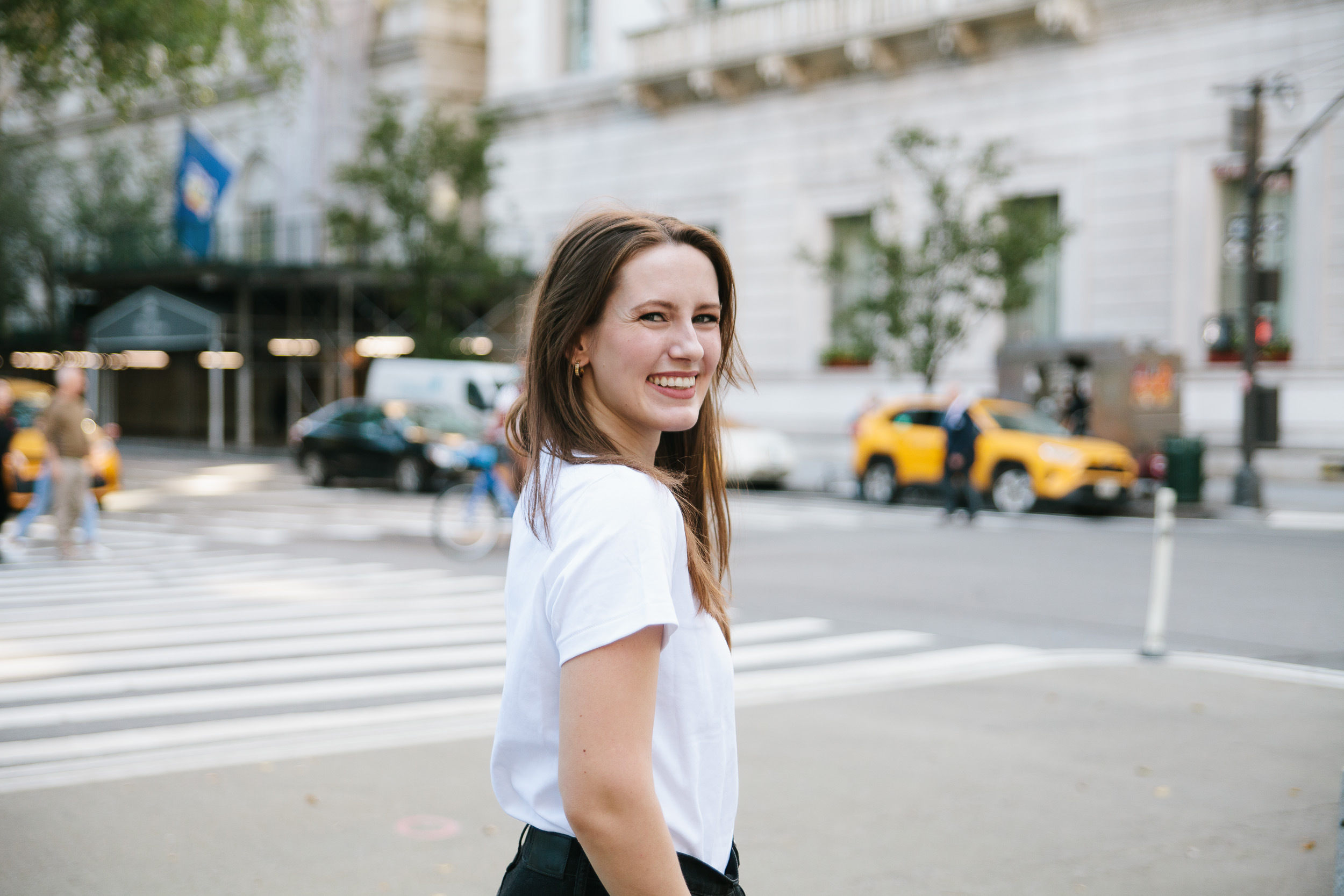
Copenhagen Fashion Week and I shared major firsts as snow blanketed the city in February 2023. I made my debut covering the Danish style capital's runways as an editor for another outlet. Copenhagen Fashion Week, more meaningfully, unveiled its first calendar where organizers required every brand meet minimum sustainability requirements to participate.
Collections from Saks Potts to Stine Goya displayed all the charms of Nordic fashion that have earned fans around the world: statement winter coats, playful hair accessories, functionally fun footwear. But this time, they did so with a vetted commitment to fur- and exotics-free designs and eco-friendly production practices (among other benchmarks). While Copenhagen Fashion Week CEO Cecilie Thorsmark emphasized the minimum standards were just that—a minimum—their presence felt like a revolution for a notoriously fast-churning, and at times wasteful, industry. By the time I wrote my runway report from the plane home, I had one question: "Will the rest of the world catch on?"
I've gotten my answer two years later. The British Fashion Council, London Fashion Week's organizing body, announced Jan. 13 that it is rolling out Copenhagen's minimum requirements to its biannual calendar. After a 2025 pilot program in collaboration with the BFC NEWGEN, an incubator for emerging talent, the full suite of sustainability requirements will be in place by January 2026.
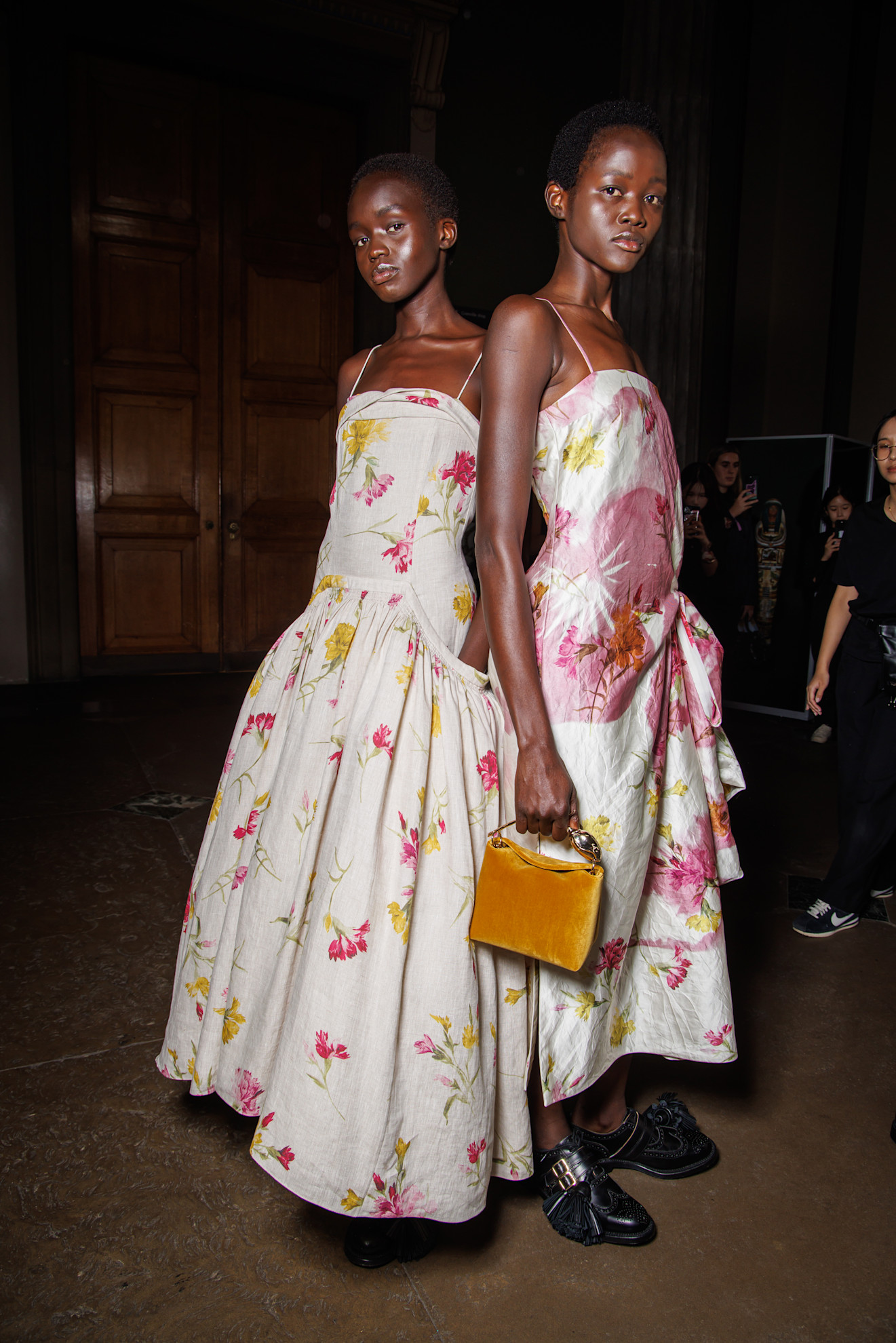
London Fashion Week will fully implement sustainable minimum standards for participating designers in 2026.
By next year, London Fashion Week will follow Copenhagen's mandates with the overall purpose of reducing brands' ecological footprints—without restraining their creativity. The 19 minimum standards including the total ban of exotics (fur, feathers, and reptile skins), emission reduction investments, and a workplace code of conduct. No star on the London Fashion Week calendar will be exempt from rewiring its design programming. Upstart labels (like Ahluwalia and Tolu Coker) cult-followed favorites (Simone Rocha, JW Anderson, Chopova Lowena), and heritage houses (Burberry) all must meet the minimums laid out in the framework—or risk losing their place on the calendar.
"This partnership is a significant step in ensuring that sustainability becomes integral to the future of fashion," Caroline Rush, the recently-appointed CEO of the British Fashion Council, said in a statement. "Together, we are creating a framework that empowers emerging designer fashion businesses to lead the way and contribute tangibly to a more sustainable and responsible industry."
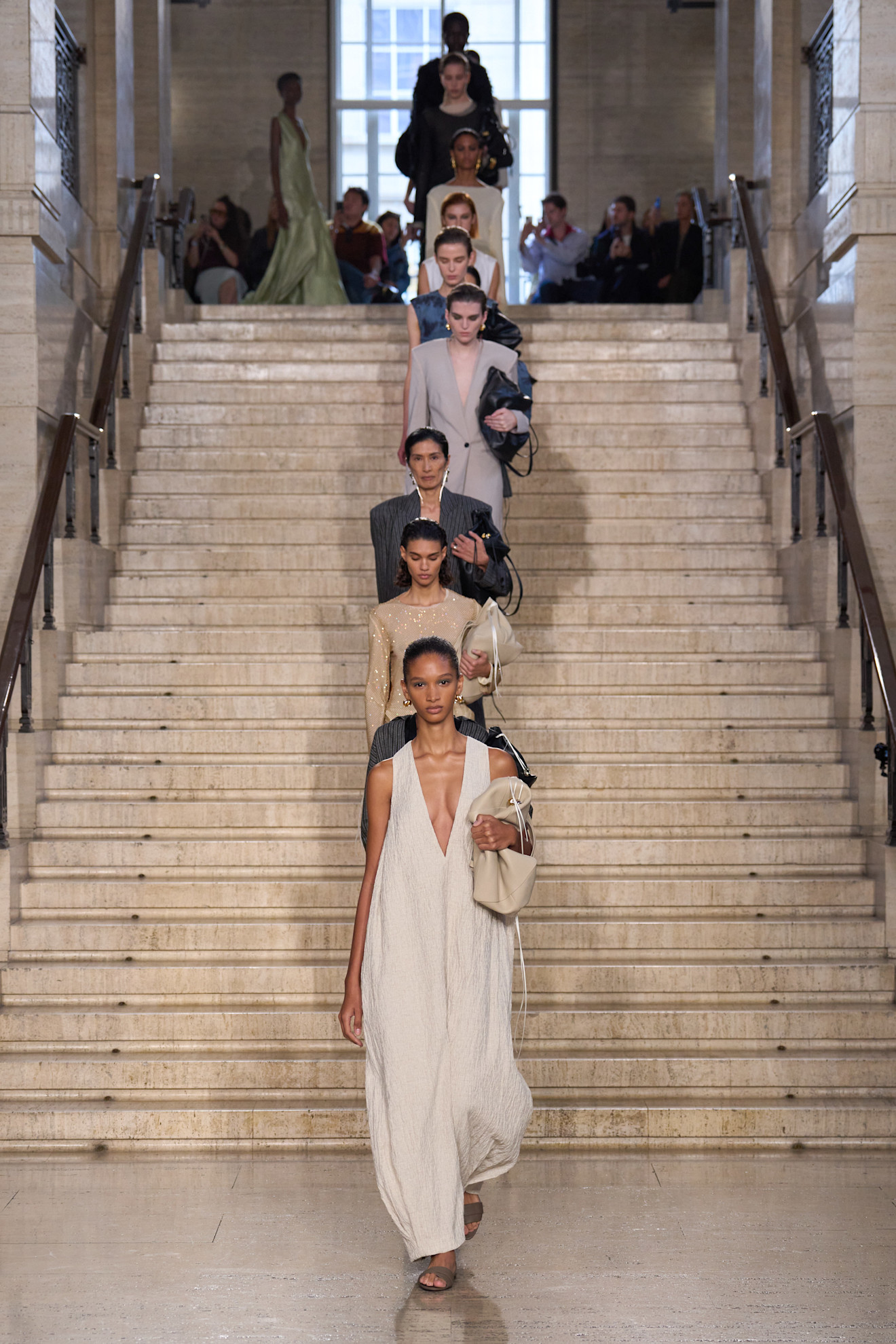
The initiative will impact calendar regulars from Tove (shown here) and JW Anderson to Burberry.
On a designer-by-designer level, the minimum standards ensure more than a runway reservation each season. They push participating labels to explore more eco-minded innovations, guaranteeing a longer lifespan for their clothes and, hopefully, the planet. (Textile waste from the fashion industry is considered an "environmental crisis." So are nightmarishly high greenhouse gas emissions.)
They also exert some necessary peer pressure on an industry that's notoriously slow to change. Danish fashion is buzzy, but it's a much smaller market than London. With one of the major four fashion weeks on board, Copenhagen's minimum sustainability standards have some much-needed support—potentially enough to make the likes of New York and Paris get involved. The more designers who commit, the more impact the minimum standards will have. "With the British Fashion Council, as an influential player in the global fashion landscape, we see a lot of potential to further amplify the impact of our collective commitment to sustainability," Thorsmark said in a press release.
Stay In The Know
Get exclusive access to fashion and beauty trends, hot-off-the-press celebrity news, and more.
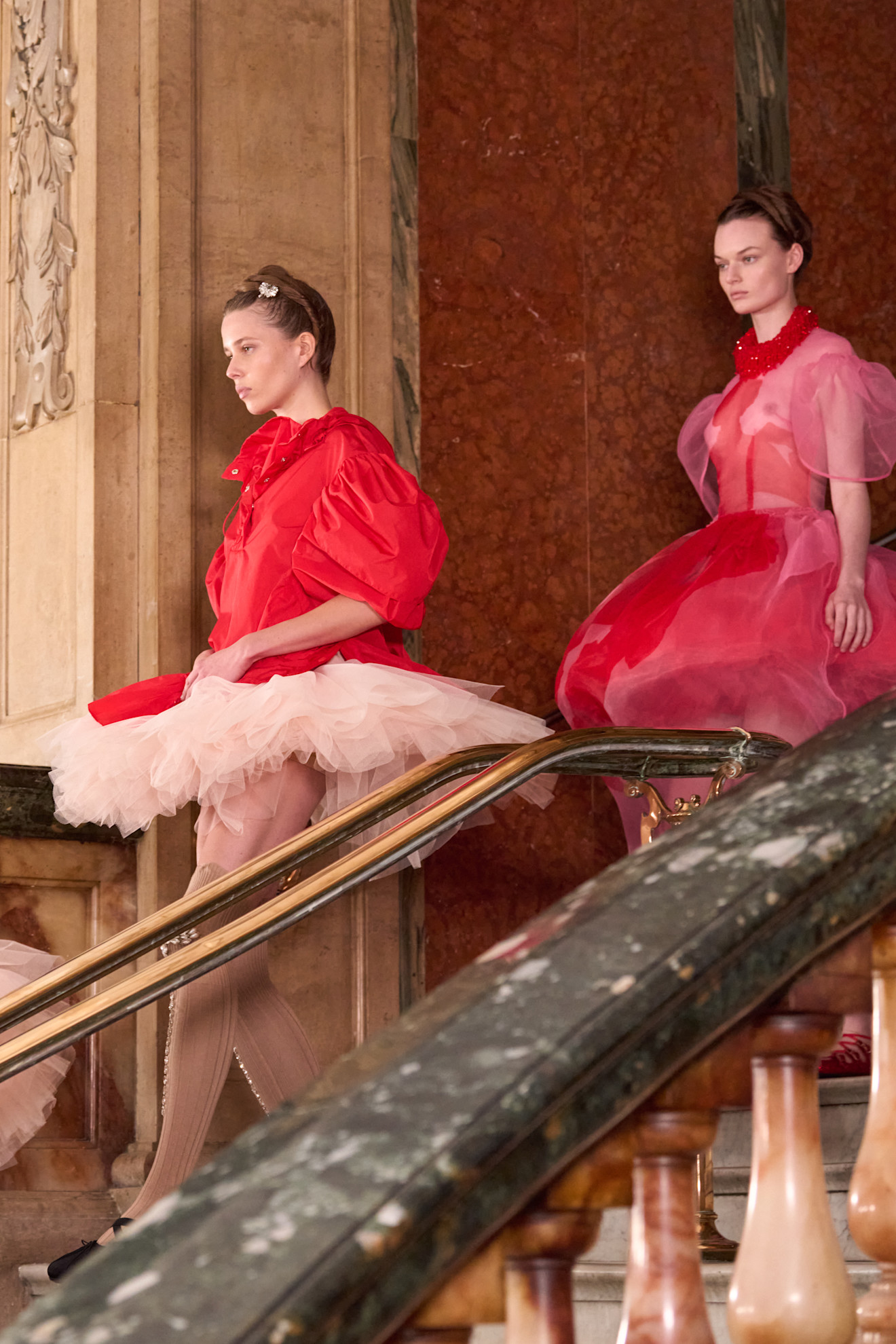
Minimum sustainability standards currently in place for Copenhagen Fashion Week include a ban on destroying unsold goods.
I've observed London Fashion Week labels—and designers the world over—make marked sustainability improvements over the past decade. In 2015, designers regularly burned their unsold merchandise for the sake of "saving" their brands. By 2025, a move like that would solicit global outcry if it came to light. Experimenting with deadstock and vintage fabrics isn't just for thrifty newcomers; it's for thriving luxury houses. Recycled materials, zero-waste fashion shows, and emission offsets, while imperfect, are also increasingly common.
There's significantly more peer pressure for other large markets to change their ways now that London Fashion Week is following Copenhagen's lead. And when the next domino falls, it'll start an even bigger cascade: As I know from years of style reporting, it takes at least three to make a trend.

Halie LeSavage is the senior fashion and beauty news editor at Marie Claire, where she assigns, edits, and writes stories for both sections. Halie is an expert on runway trends, celebrity style, emerging fashion and beauty brands, and shopping (naturally). In over seven years as a professional journalist, Halie’s reporting has ranged from fashion week coverage spanning the Copenhagen, New York, Milan, and Paris markets, to profiles on industry insiders like celebrity stylist Molly Dickson, to breaking news stories on noteworthy brand collaborations and beauty product launches. (She can personally confirm that Bella Hadid’s Ôrebella perfume is worth the hype.) She has also written dozens of research-backed shopping guides to finding the best tote bags, ballet flats, and more. Most of all, Halie loves to explore what style trends—like the rise of emotional support accessories or TikTok’s 75 Hard Style Challenge—can say about culture writ large. She also justifies almost any purchase by saying it’s “for work.”
Halie has previously held writer and editor roles at Glamour, Morning Brew, and Harper’s Bazaar. She has been cited as a fashion and beauty expert in The Cut, CNN Underscored, and Reuters, among other outlets, and appears in newsletters like Selleb and Self Checkout to provide shopping recommendations. In 2022, she earned the Hearst Spotlight Award for excellence and innovation in fashion journalism. She holds a Bachelor’s Degree in English from Harvard College. Outside of work, Halie is passionate about books, baking, and her miniature Bernedoodle, Dolly. For a behind-the-scenes look at her reporting, you can follow Halie on Instagram and TikTok.
-
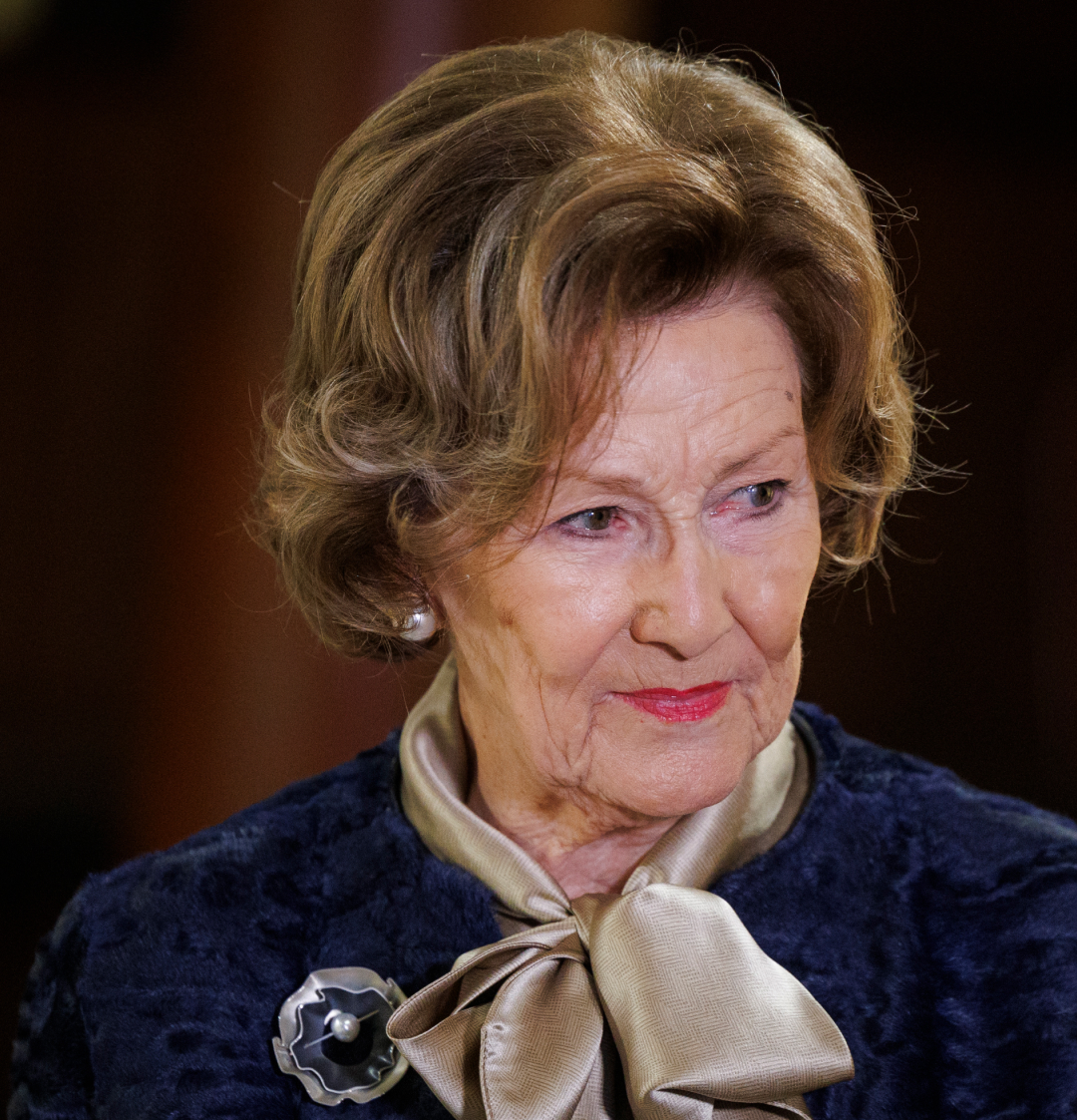 The Queen of Norway Was Air Lifted to Oslo Hospital After "Breathing Difficulties"
The Queen of Norway Was Air Lifted to Oslo Hospital After "Breathing Difficulties"The Norwegian royal has been forced to cancel her duties this week.
By Kristin Contino
-
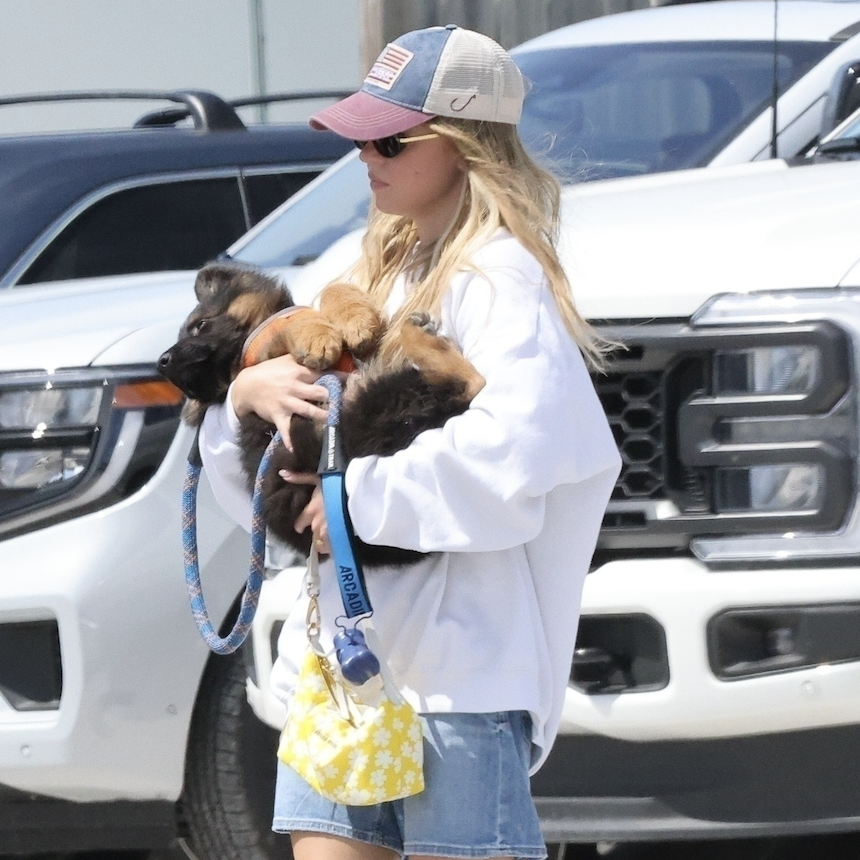 Two Weeks Into Dog Parenthood, Sydney Sweeney's Dressing the Part
Two Weeks Into Dog Parenthood, Sydney Sweeney's Dressing the PartDenim shorts on deck.
By Kelsey Stiegman
-
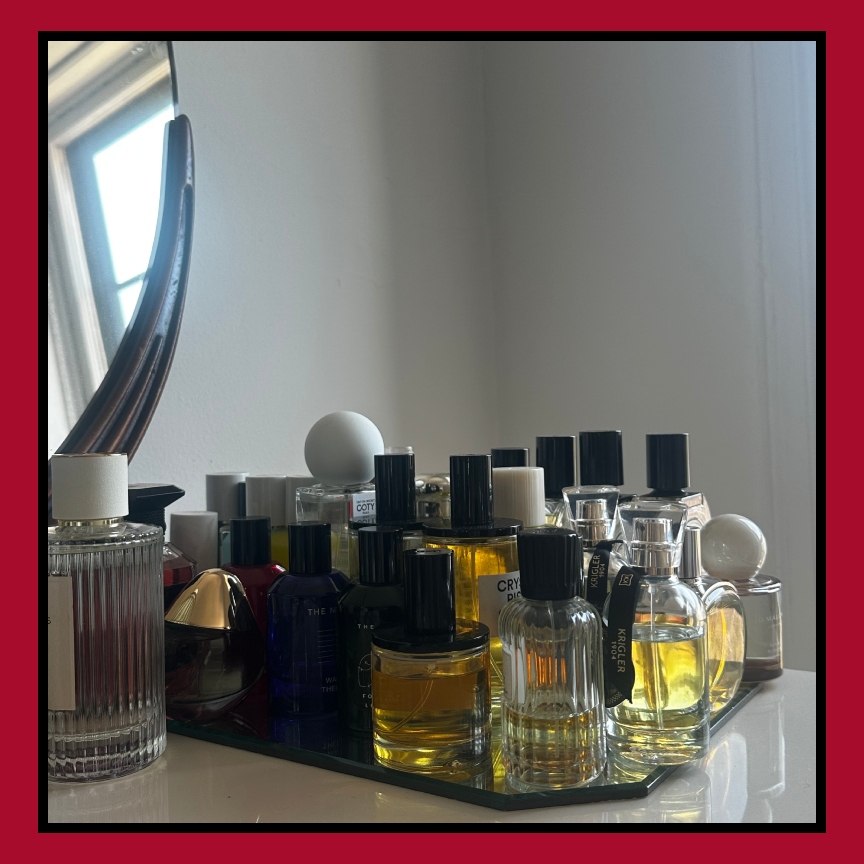 I Just Want to Smell Like I’m Drinking Bubbly on a Yacht This Summer
I Just Want to Smell Like I’m Drinking Bubbly on a Yacht This SummerThe best perfumes of the season, according to our Beauty Director.
By Hannah Baxter
-
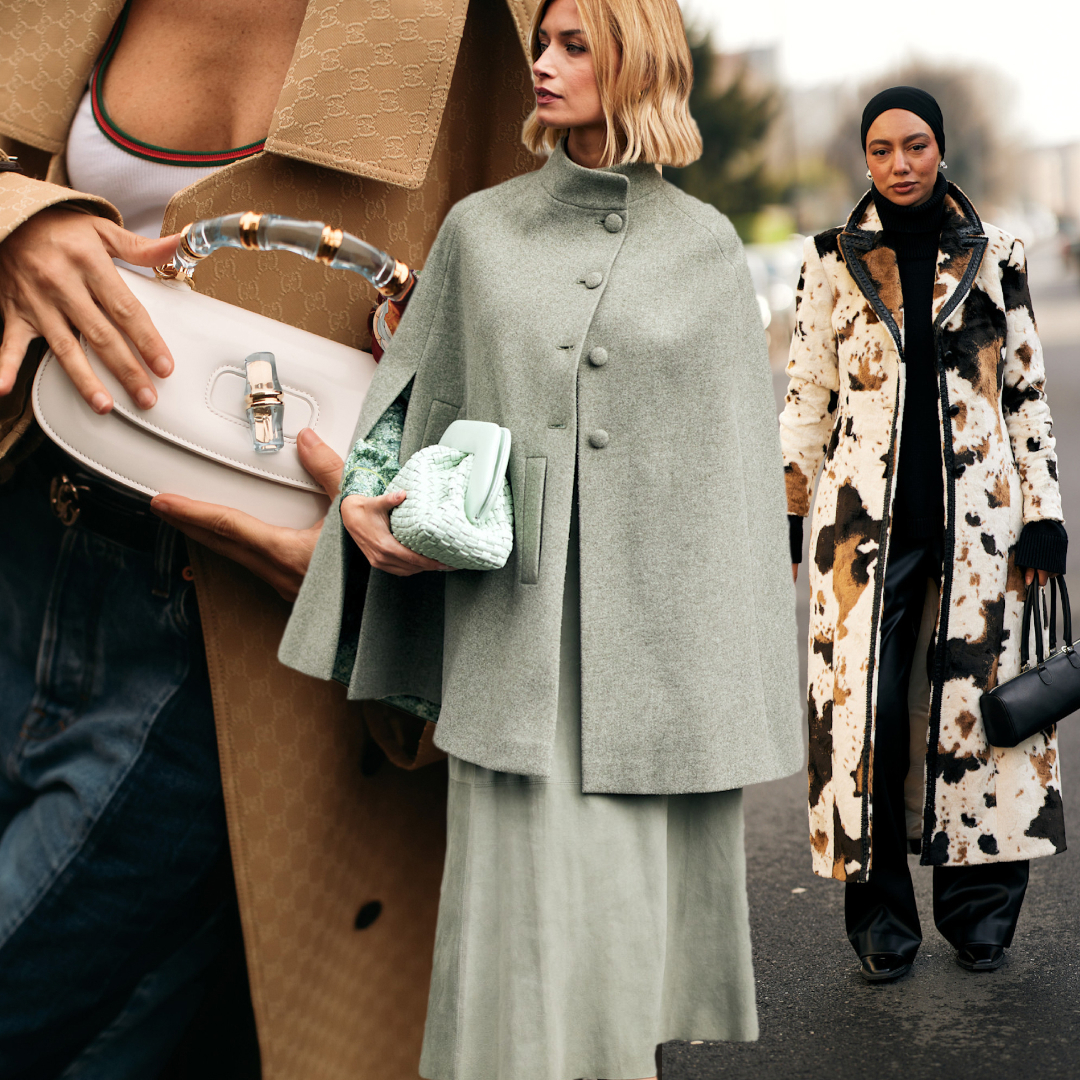 Milan Fashion Week's Biggest Street Style Trends Exude Old-School Elegance
Milan Fashion Week's Biggest Street Style Trends Exude Old-School EleganceThese are the looks worth stealing.
By Emma Childs
-
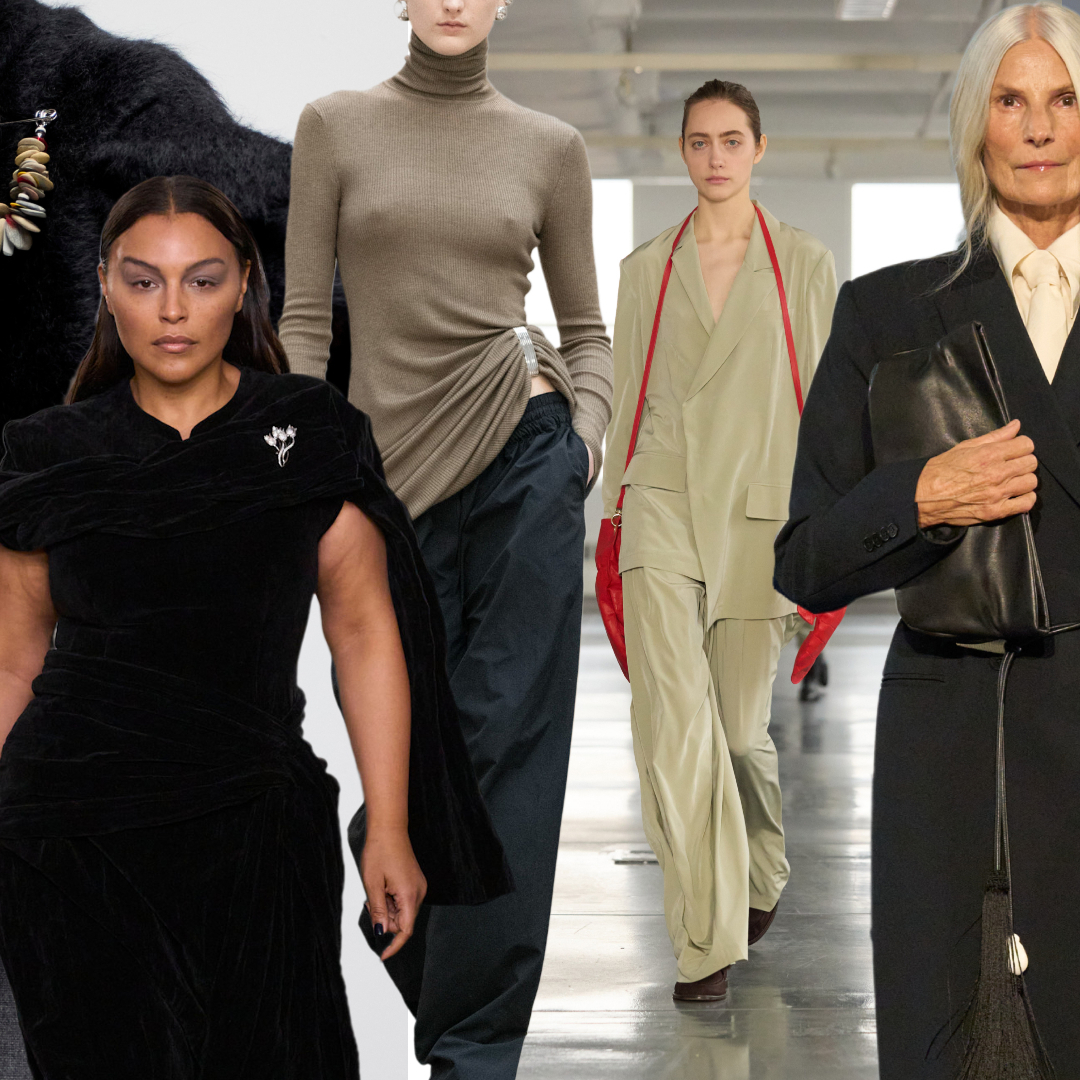 The Top Styling Takeaways From New York Fashion Week
The Top Styling Takeaways From New York Fashion WeekThe easy tweaks that'll turn a good outfit into a great one.
By Emma Childs
-
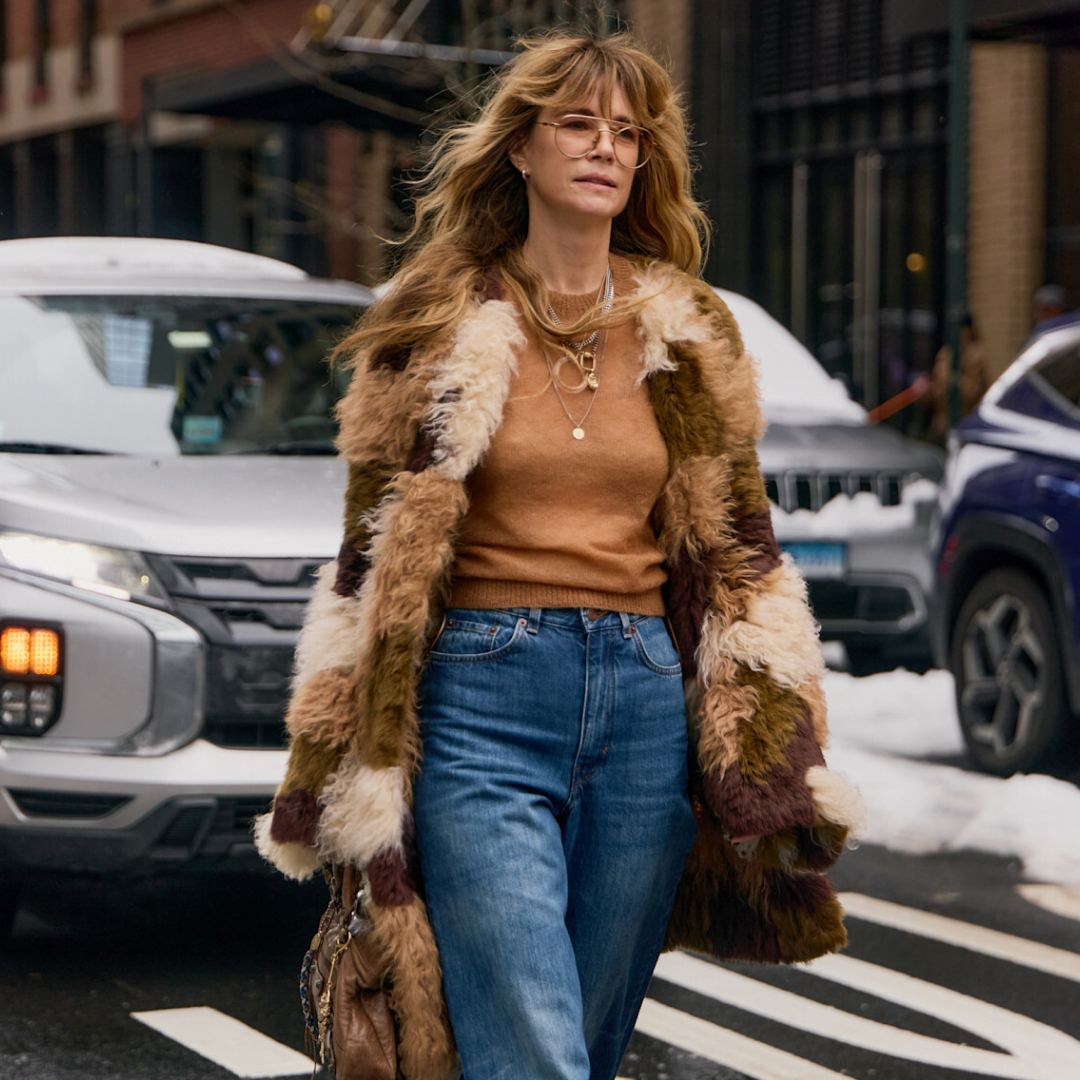 It-Girls Braved the New York Fashion Week Cold in These Statement-Making Coat Trends
It-Girls Braved the New York Fashion Week Cold in These Statement-Making Coat TrendsFashionable and warm.
By Julia Marzovilla
-
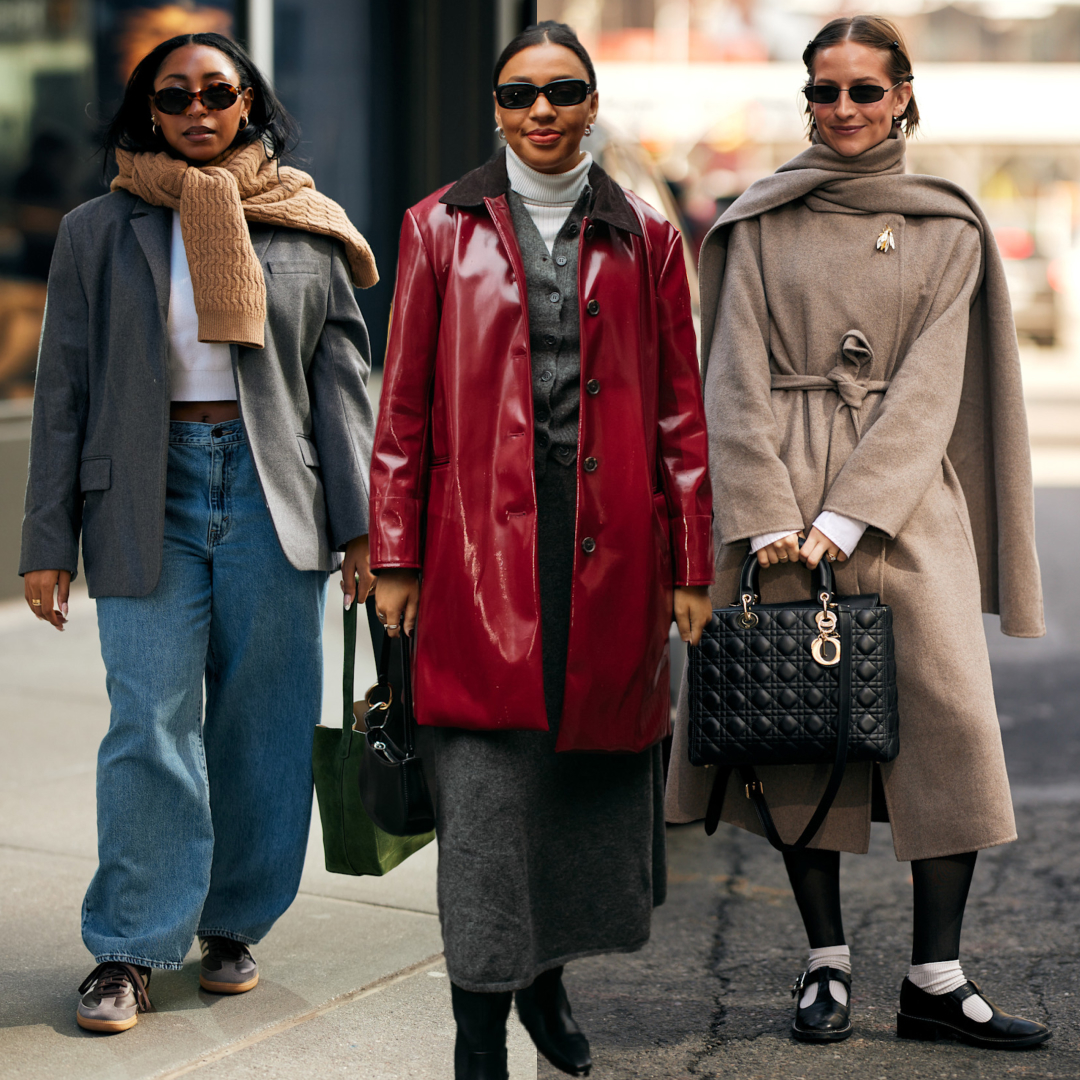 I’m Copying These Street Style Outfits I Spotted at New York Fashion Week
I’m Copying These Street Style Outfits I Spotted at New York Fashion WeekThey're low-effort and high-impact.
By Lauren Tappan
-
 COS’s New Collection Is the Secret to Getting New York Fashion Week’s Rich-Looking Winter Style
COS’s New Collection Is the Secret to Getting New York Fashion Week’s Rich-Looking Winter StyleIt's the secret weapon to scoring chic New York style.
By Julia Marzovilla
-
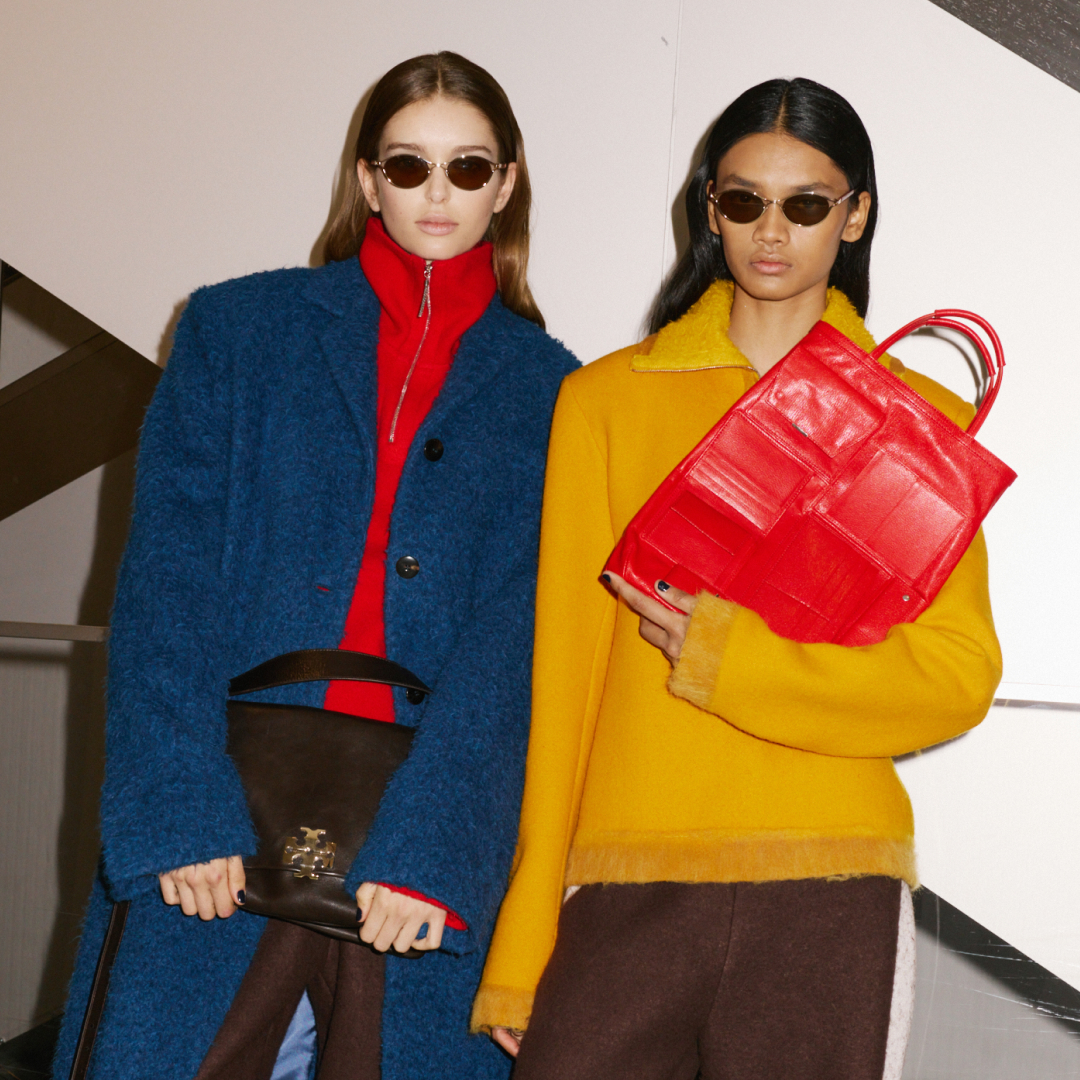 The Cargo Bag Trend Sends Ugly Wallets Into Hiding at New York Fashion Week
The Cargo Bag Trend Sends Ugly Wallets Into Hiding at New York Fashion WeekThis season's multi-pocket It bags want you to wear your clutter on your sleeve.
By Hanna Lustig
-
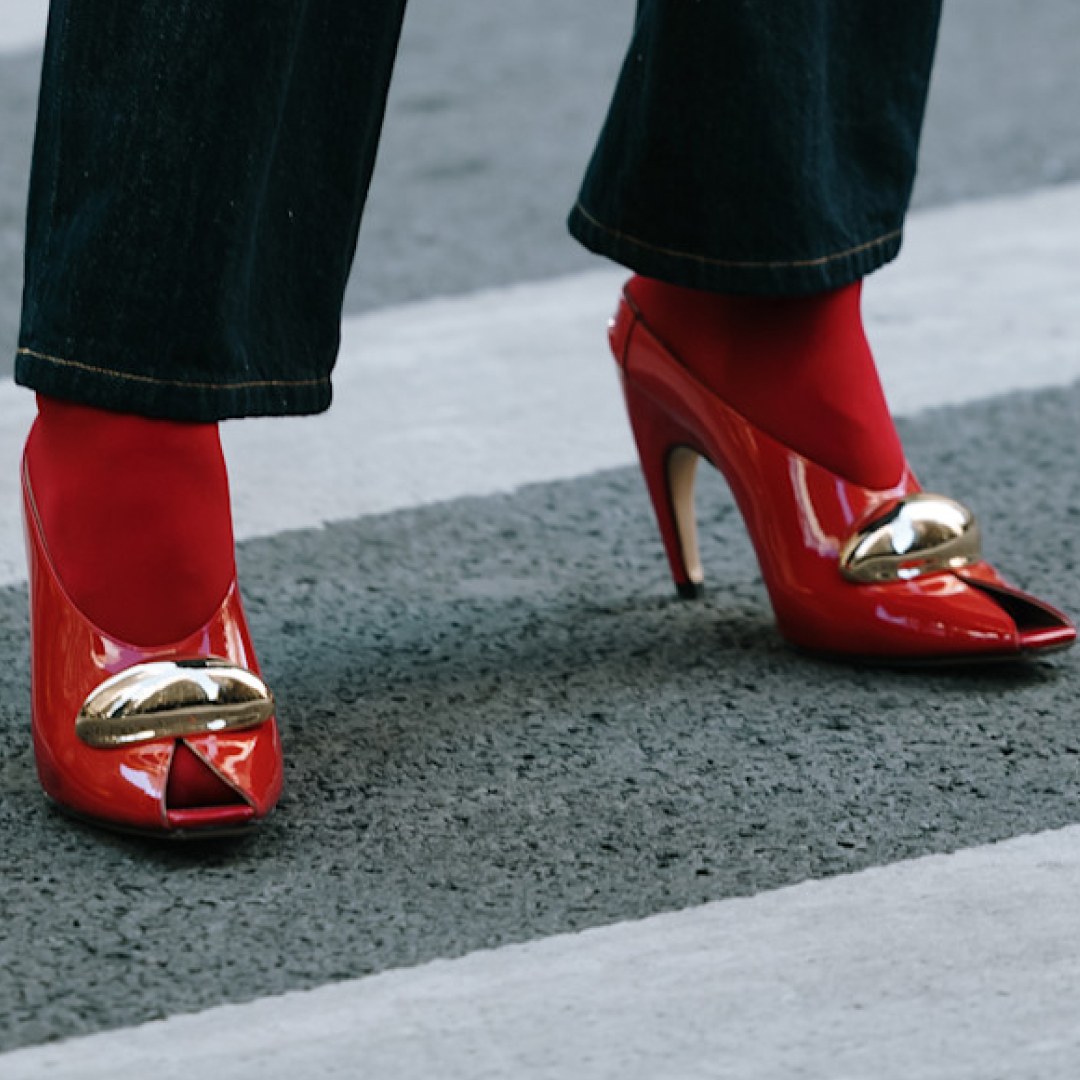 New York Fashion Week Guests Swapped Snow Boots for These Spring Shoe Trends
New York Fashion Week Guests Swapped Snow Boots for These Spring Shoe TrendsThis is the definition of fashion over function.
By Julia Marzovilla
-
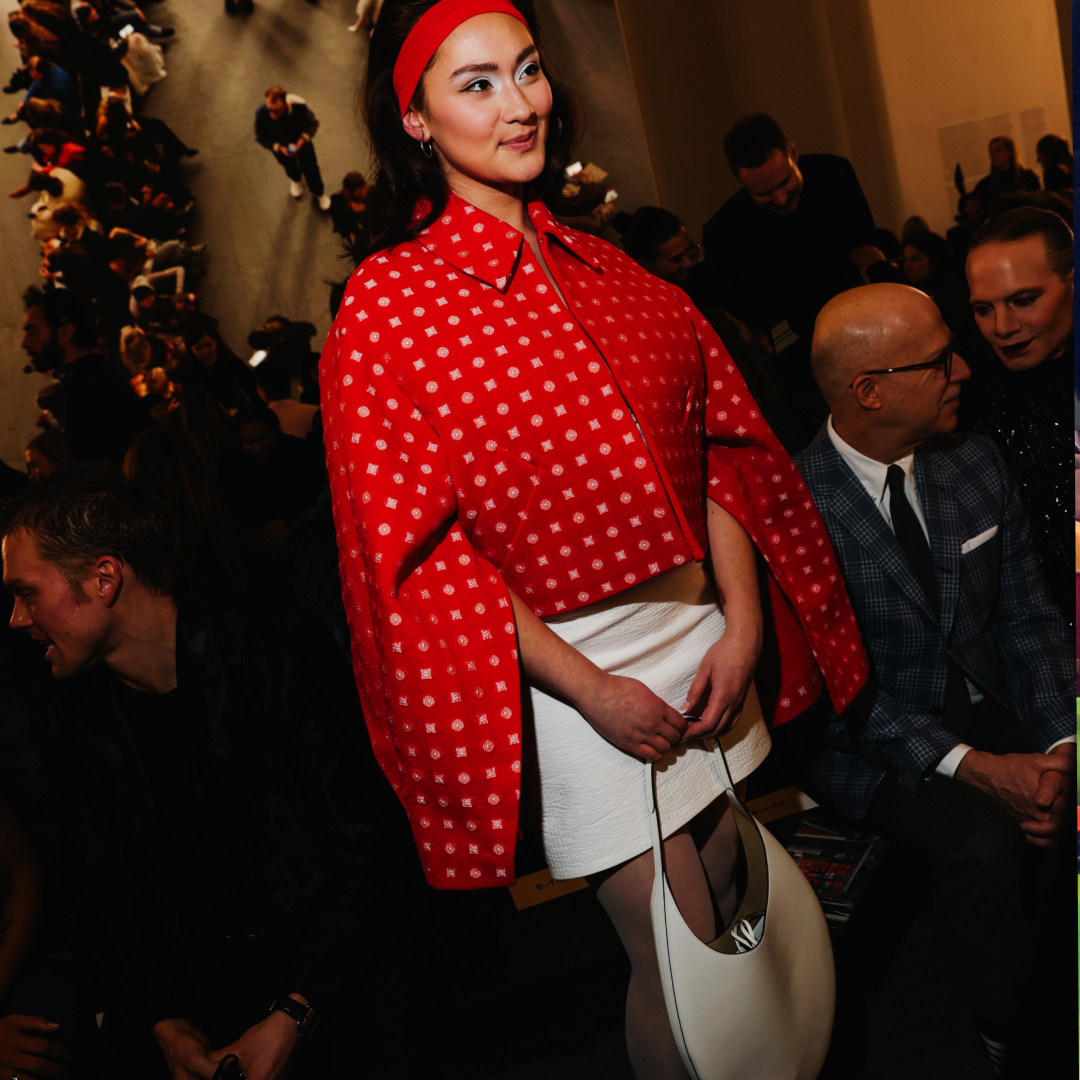 Tory Burch Turned Its Viral Pierced Mule Into a Bag That's Already Taking Over Fashion Week
Tory Burch Turned Its Viral Pierced Mule Into a Bag That's Already Taking Over Fashion WeekThe unexpected style is already taking over fashion week.
By Kelsey Stiegman